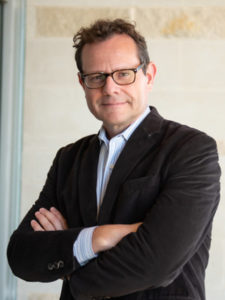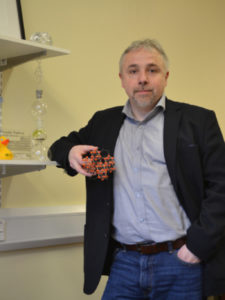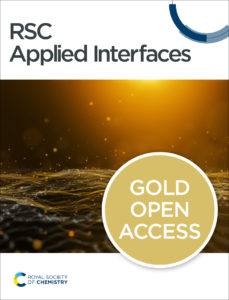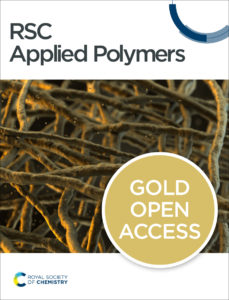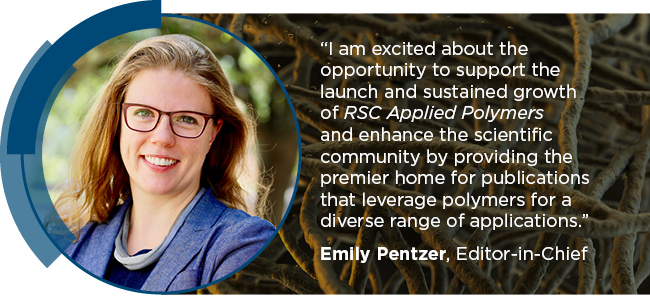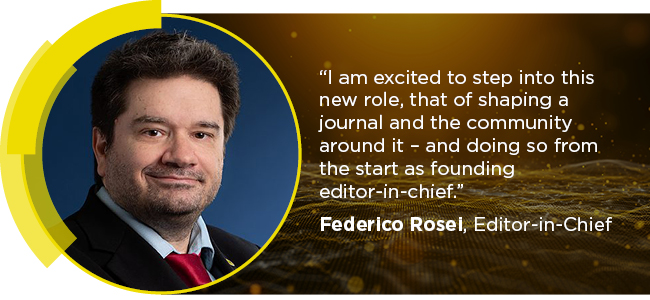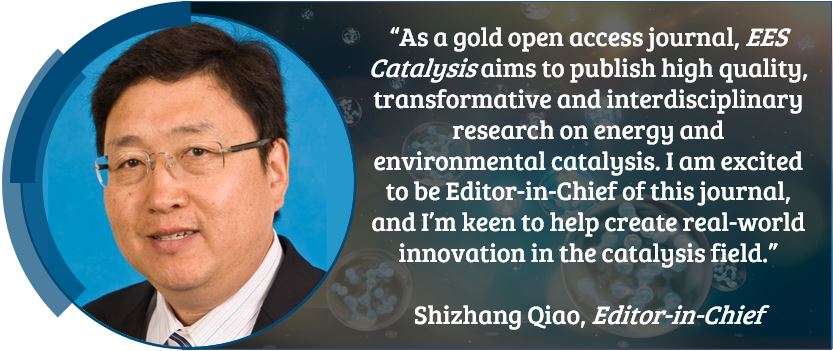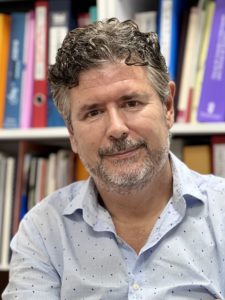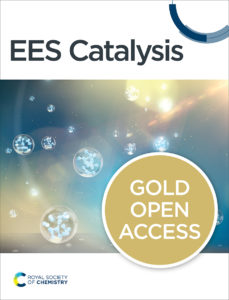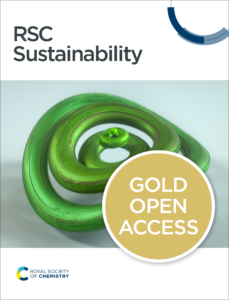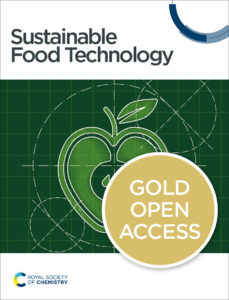
We are delighted to welcome Professor Tom Welton, Imperial College London, UK, as the inaugural Editor-in-Chief of RSC Sustainability, a new open access journal publishing solution-focused research to solve sustainability challenges.
 |
“With UNEP’s decision the create a Science-Policy Interface for Chemicals and Waste in March 2022, the time is ripe for the creation of RSC Sustainability. I believe this new journal has the potential to become the first choice for the publication of solutions-focussed research that informs this SPI, and, beyond this, welcome all chemical science contributions to enable any of the Sustainable Development Goals.”
|
Learn more about our new Editor-in-Chief
Tom Welton is Professor of Sustainable Chemistry at Imperial College London. He has published over 150 papers and has received several awards, including various lectureships, was made a Fellow of the Royal Society of Chemistry (FRSC, 2007) and Officer in the Order of the British Empire (OBE, 2017). From 2020 to 2022 he served as president of the Royal Society of Chemistry. He is a vocal champion of inclusion and diversity in the chemical sciences.
His research focusses on Sustainable and Green Chemistry, aiming to make related industries more environmentally and economically sustainable. Throughout his career his work has focussed on the use of ionic liquids with uses in organic, inorganic and physical chemistry. He is interested in the fundamental properties of ionic liquids and how they can be used as alternative solvents or electrolytes. Tom also works on the clean synthesis and processing of biomass-derived polymers to replace petrochemical-based plastics and understanding how ionic liquids can play a role in making these processes more sustainable.
Read some of his recent contributions below:
A review on machine learning algorithms for the ionic liquid chemical space
Spyridon Koutsoukos, Frederik Philippi, Francisco Malaret and Tom Welton
Chemical Science, 2021, 12, 6820-6843
Investigation of the influence of natural deep eutectic solvents (NaDES) in the properties of chitosan-stabilised films
Antonella Rozaria Nefeli Pontillo, Spyridon Koutsoukos, Tom Welton and Anastasia Detsi
Materials Advances, 2021, 2, 3954-3964
Themed issue on Non-traditional solvent effects in organic reactions
Physical Chemistry Chemical Physics and Organic and Biomolecular Chemistry, 2021
Guest Editors: Jason Harper, Barbara Kirchner, Paulina Pavez and Tom Welton
RSC Sustainability will open for submissions in August 2022 so make sure to sign up to receive the latest updates.
Please join us in welcoming Professor Welton to RSC Sustainability.
